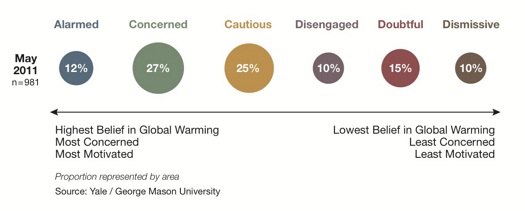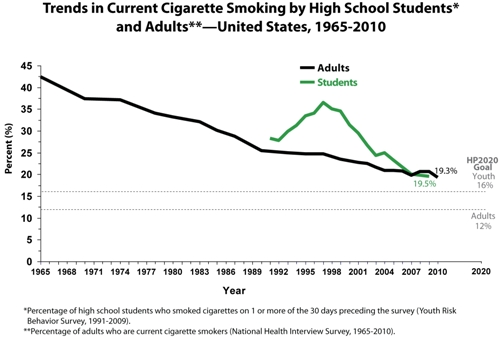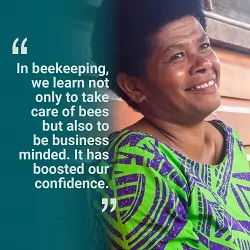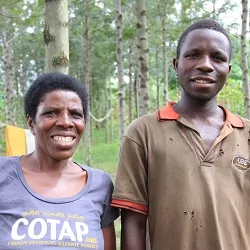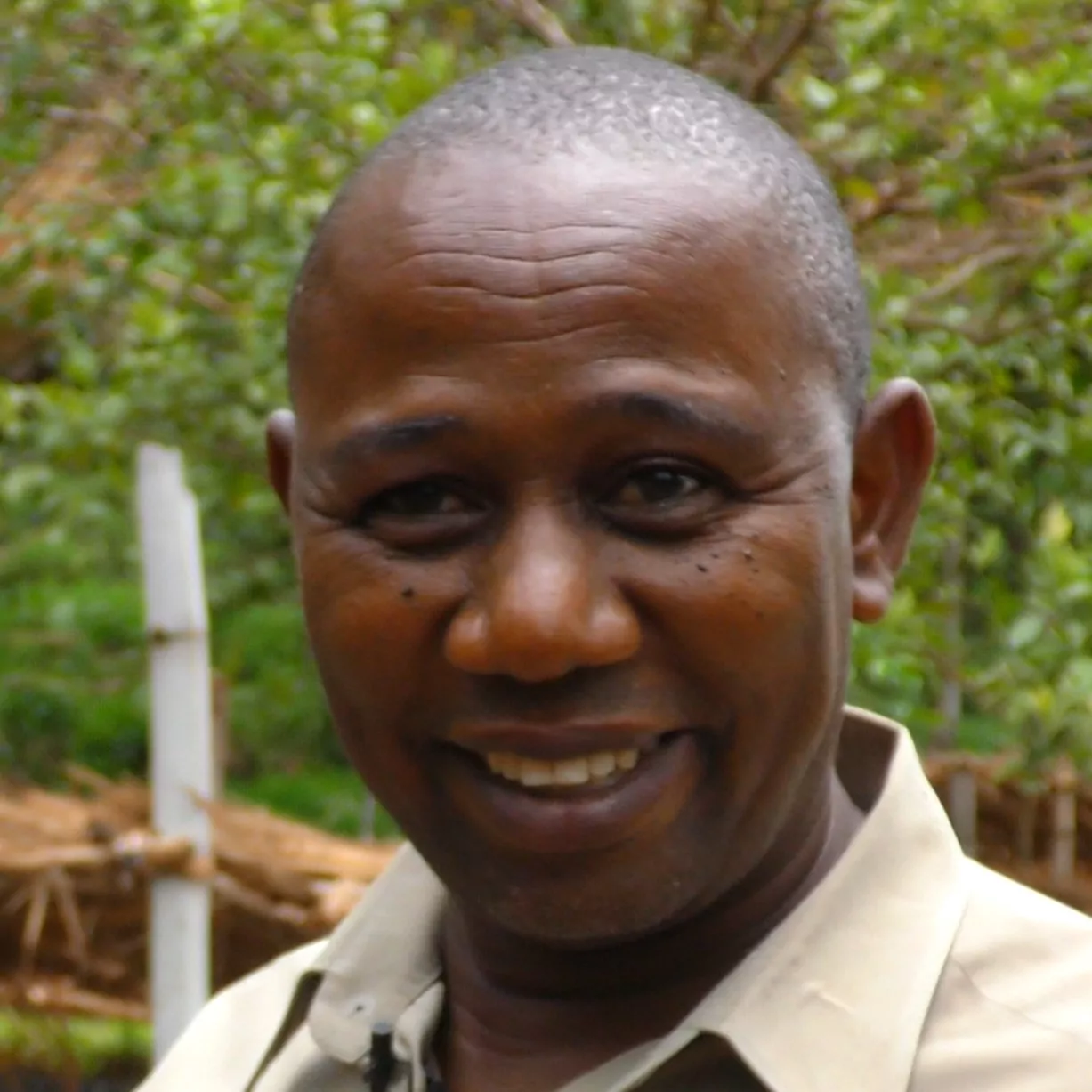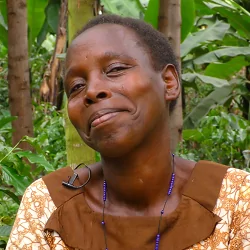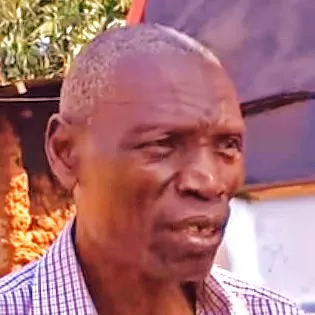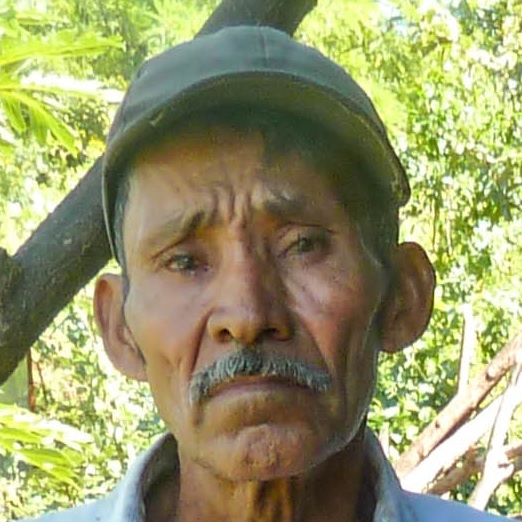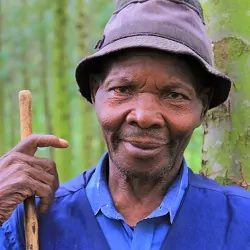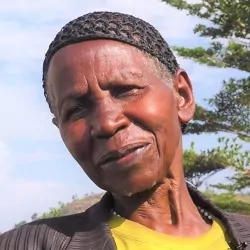A new study called “Extreme Weather, Climate, & Preparedness in The American Mind” reveals that 82% of Americans report that they personally experienced one or more types of extreme weather or a natural disaster in the past year.
Extreme weather hits home, literally. Maybe this will deepen this shift towards climate change concern and action that Yale has also been covering in a series of polls called “Global Warmings Six Americas“:
…and maybe that will accelerate progress on the climate change issue.
The precedent of the tobacco industry demonstrated that when negative externalities happen, someone is paying a cost that is not reflected in an industry’s bottom line. Including those costs can completely up-end an industry’s value and even threaten its whole existence. With tobacco, pushing the negative social costs into the price resulted in a decades-long cultural war involving activism, misinformation campaigns, public debate, lawsuits, laws, and other fun stuff.
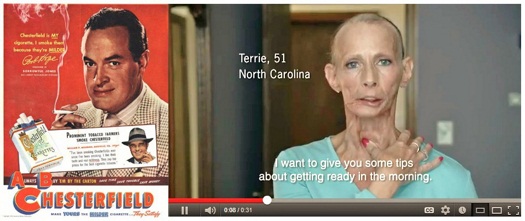
Government can’t, and usually doesn’t, solve every problem through immediate and disruptive regulation or taxes. Look at what happened with Prohibition. Slowly but steadily, though, progress on tobacco happened because nothing could stop an informed and empowered public.
It took decades, but cigarettes are now undeniably less popular than they once were. They cost more, usually because of taxes used to fund smoking-related health warning ads. You can’t smoke in most restaurants and you can’t smoke on airplanes. Cigarettes are still sold everywhere, and they still kill hundreds of thousands of Americans annually.
In its day, the Bob Hope ad was little different than the Kardashians having a line at Sears. The probability that Mr. Hope was a lifelong smoker (he lived to be 100 years old) is about as low as the probability of spotting a Kardashian sister shopping at Sears. But there’s no question that the Hope cigarette ad would be heavily out of place today.
That’s evidence of truth winning over time, and of progress being made. But it took time and to say it was messy would be an understatement. Tobacco jobs were lost as a result. Ask Terrie (pictured above) how she feels about that.
On that note, I recently met a gentleman originally from Kinston, in eastern NC. He explained that his hometown used to be a thriving tobacco town, but now there was virtually nothing there. In the same breath, he added, “I quit smoking 35 years ago. Thank God.” There seemed to be an understandable sense of regret and nostalgia mixed with an acceptance of an absolutely necessary progress.
Similarly, messy American progress is now happening with regards to global warming awareness, concern, and action. Ask someone whose home was destroyed by an extreme weather event, one which they feel was probably the result of climate change, how they feel about it. Ask them how they feel about the Heartland Institute, one of the most prominent sources of climate change skepticism and misinformation, losing General Motors as a funder.
There are of course many differences between the battle for reversing climate change and the battle to reduce smoking. One key, general similarity is that there are many noble players working hard to spread the reality and truth that will result in progress over time. Another similarity is that you can bet on a big, messy, and long fight by those who benefit from the status quo. Before it was the tobacco companies. This time around it’s those who make money when fossil fuels are used for energy. And now it’s looking like Dale Earnhardt Jr. is Bob Hope 2.0:
Regardless of whether or not Earnhardt is being paid to be on the coal team, there’s no doubt that his endorsement will someday look as out of place as the Bob Hope cigarette ad. Let’s hope that the truth, reflected by the Yale study, and the fact that we live in the information age, win out over celebrity-bolstered misinformation campaigns, and much more quickly than it took with tobacco.
Earnhardt is being paid to be on the coal team, there’s no doubt that his endorsement will someday look as out of place as the Bob Hope cigarette ad. Let’s hope that the truth, reflected by the Yale study, and the fact that we live in the information age, win out over celebrity-bolstered misinformation campaigns, and much more quickly than it took with tobacco.
Tim


